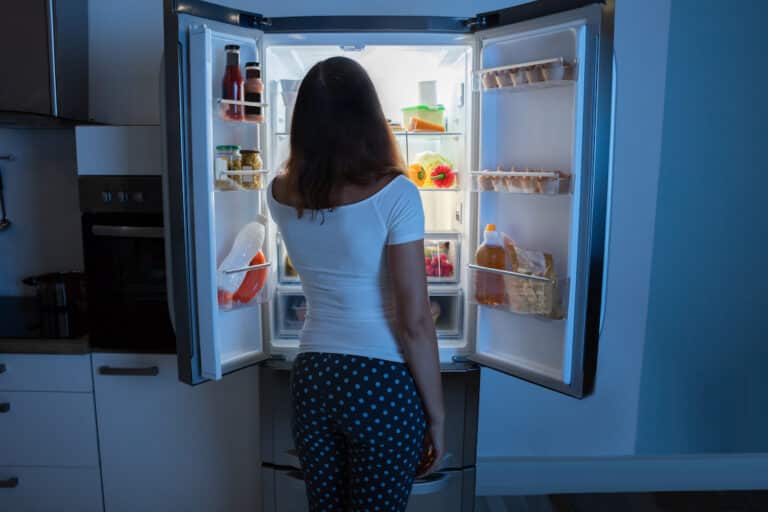The severity of a client’s eating disorder may require a more intensive level of care than
can be provided by outpatient programs. Referral to a higher level of care is typically warranted based on at least one the following:
- Chronic physiological signs (based on one or more of the following):
- heart rate <40 bpm
- blood pressure <90/60mm Hg
- glucose <60mg/dl
- potassium <3 meq/liter
- electrolyte imbalance
- temperature <96.0 degrees F
- dehydration
- hepatic, renal or cardiovascular organ compromise requiring acute treatment
- Inability to maintain a BMI of at least 18
- Inability to “break the cycle” of chronic eating disorder behavior
- Inability to engage in effective outpatient therapy
Adapted from University of Notre Dame



